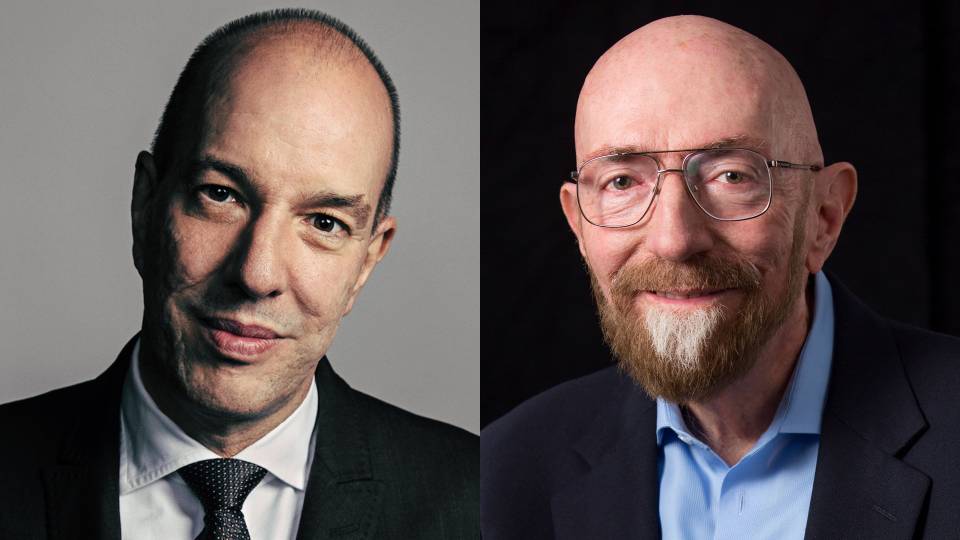What is the state of civil liberties in America today? "In a word, it's precarious," said Anthony Romero, executive director of the American Civil Liberties Union, in a public lecture Wednesday.
Romero's talk at the Woodrow Wilson School of Public and International Affairs assailed the scope of some laws that have been passed by Congress since the terrorist attacks on Sept. 11.
While intended to increase our nation's security, these laws also threaten individual rights that are the very basis of democracy, Romero maintained. He added that diluting our civil liberties is among the goals of those who commit terrorist acts.
"Terror is not only meant to destroy, but it is also meant to intimidate us and force us to take actions that aren't in our best interests," said Romero. "Terrorism is targeting not only people and property, but our values values of freedom, equality and liberty."
Romero was quick to assure the audience that the ACLU supports government actions to keep the nation safe, but guards against "tradeoffs that would needlessly undermine our individual freedoms."
He highlighted the new leeway given to the federal government by the USA Patriot Act, a law passed by Congress six weeks after Sept. 11. The law provides for increased latitude to detain non-citizens and hold them without charge for up to seven days, to search homes and computer files without allowing the search warrant to be read, and to monitor attorney-client communications.
Romero called for the government to release basic information about detainees who currently are being held for possible connections to terrorist activities, stressing that figures have not been provided even on how many individuals are detained. The organization also is focusing on forcing courts to open immigration hearings to the media and ensuring that those detainees tried in military tribunals receive all rights afforded them.
Though people might expect a quick return to normal civil liberties after a threat has passed, Romero warned that the war on terror is not likely to have a clear, decisive end, and long-term civil liberty concerns must be considered. He encouraged listeners to "go forward and make our country a better place for all who yearn for freedom and liberty. For it is, after all, our values and not our fears that bind us as Americans."
Romero, the first Latino and openly gay man to lead the ACLU, became the organization's sixth executive director in Sept. 2001, one week before the attack on Sept. 11. He is a 1987 graduate of Princeton's Woodrow Wilson School of Public and International Affairs and Stanford University Law School. The lecture was sponsored by the Woodrow Wilson School .
Contact: Marilyn Marks (609) 258-3601
